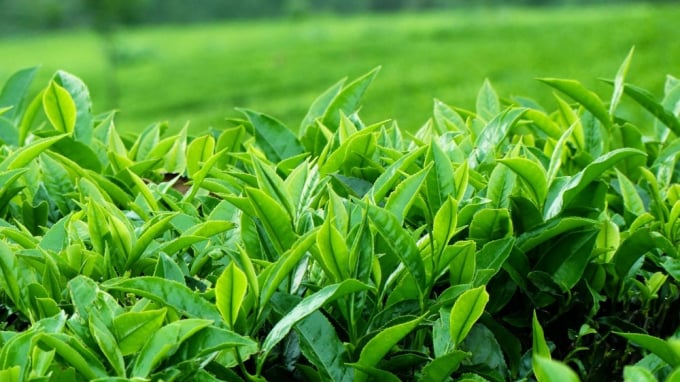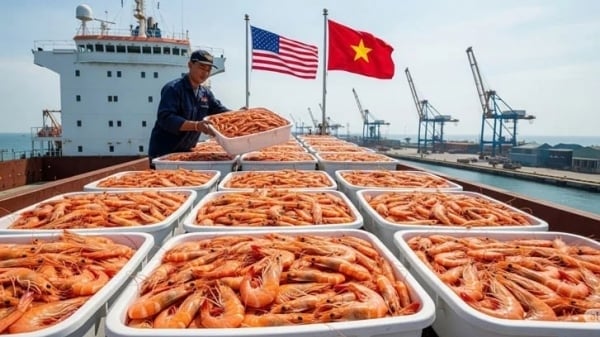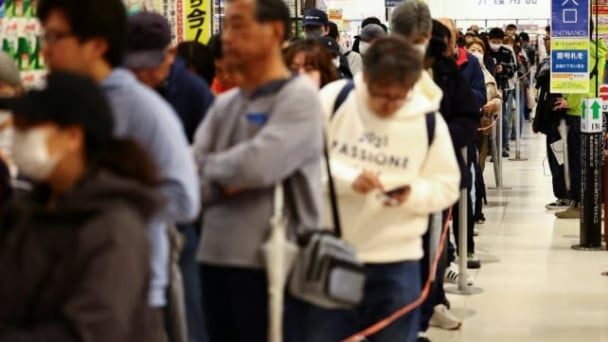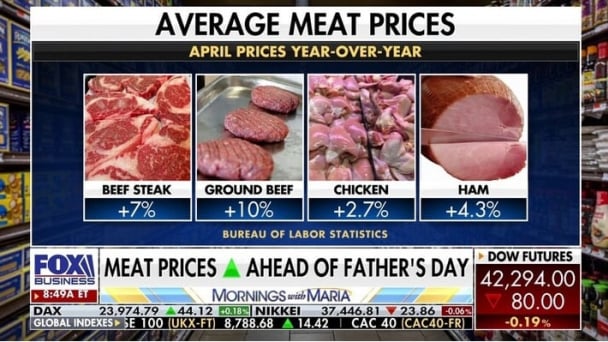June 16, 2025 | 10:50 GMT +7
June 16, 2025 | 10:50 GMT +7
Hotline: 0913.378.918
June 16, 2025 | 10:50 GMT +7
Hotline: 0913.378.918

Vietnam's tea exports account for only 2.4 percent of the total value of global tea imports. Photo: TL.
The International Trade Center (ITC) estimates that tea imports from the five major markets accounted for 42.4 percent of total global tea import value in 2020. In which the EU was the largest market, followed by Pakistan, the United States, Russia, and the United Kingdom. In the first half of 2021, these five markets continue to top the globe in terms of tea import value.
Between January and June of this year, tea imports to the EU totaled USD 585 million, an increase of 12.4% year on year. Vietnamese tea accounts for 0.33 percent of total EU imports.
According to Pakistan's statistics office, the country imported tea worth USD 263.2 million in the first six months of 2021, down 13.4 percent from the same time in 2020. Vietnamese tea accounted for 3.4 percent of the total value of Pakistan's tea imports in the fiscal year 2020 - 2021 (from July 2020 to the end of June 2021), an increase of 0.31 percentage points over the same period in the fiscal year 2019 - 2020.
US tea imports were USD 252.6 million in the first half of 2021, up 17.2 percent from the same period in 2020. Vietnamese tea accounted for 1.62 percent of total US tea imports in value.
Although tea import demand in the Russian market reached USD 217.9 million in the first half of 2021, up 7.5 percent from the same period in 2020, the share of Vietnamese tea declined significantly.
The UK decreased tea imports by 13.6 percent in the first half of 2021, reaching USD 147.6 million. Vietnam's tea imports as a percentage of total imports declined by 0.25 percentage points in 2020 compared to the same period in 2019.
According to the Department of International Trade (Ministry of Industry and Trade), Vietnam's tea exports were USD 173.2 million per year on average between 2016 and 2020. While the yearly average value of worldwide tea imports is USD 7.2 billion. Thus, the export value of Vietnamese tea represents just 2.4 percent of total world tea imports.
Translated by Linh Linh

(VAN) Noting risks, report examines impacts of avian influenza, changing trade patterns since 2022, fish fraud, and shipping industry’s net-zero goals.

(VAN) Mr. Tran Quang Bao, General Director of the Forestry and Forest Protection Department, met and worked with the International Wood Products Association to promote cooperation in the field of timber trade.

(VAN) China's outbound shipments of rare earths in May jumped 23% on the month to their highest in a year, though Beijing's export curbs on some of the critical minerals halted some overseas sales.

(VAN) To sustain capital flow, administrative reform alone is not enough; what farmers truly need is an ecosystem where both government and businesses grow together in support.

(VAN) Vietnam and the United States are proactively working together, each in their own way, to ensure that every container of agricultural goods carries not just products, but also long-term trust and value.

(VAN) Stores have started selling rice from the government’s stockpile to feed demand for the staple.

(VAN) Omaha Steaks CEO says rebuilding cattle herds will take about a year to ease price pressures.